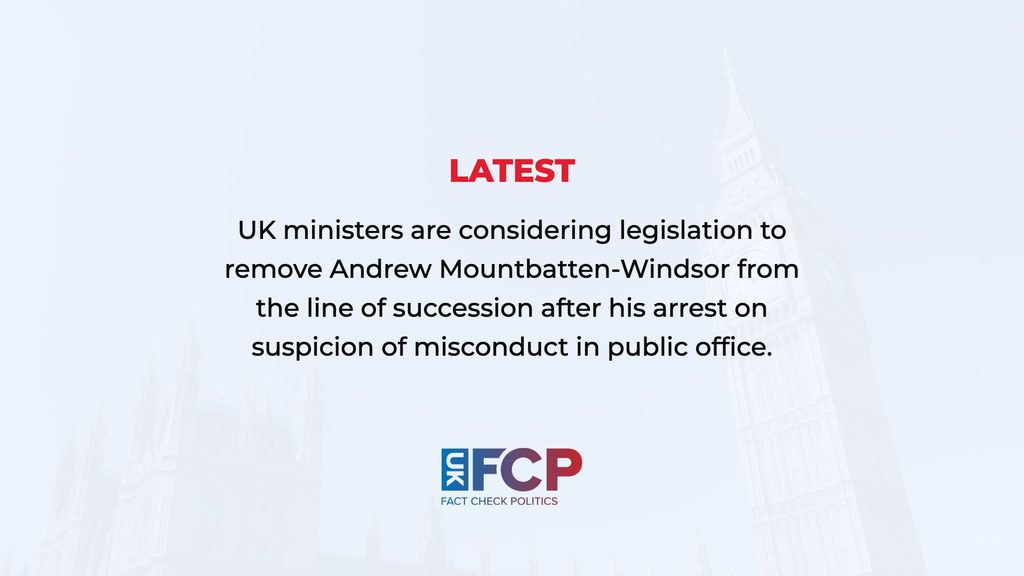A hurried membership push, clashing statements and legal sabre-rattling have left supporters dismayed and opponents delighted. The great promise of a new left-wing vehicle is learning, painfully, that movements are judged on discipline as well as ideals.
On a Thursday morning in mid-September, supporters of Jeremy Corbyn and Zarah Sultana awoke to an email inviting them to join a new movement. For £55, it said, they could become members of the still-unnamed party the pair had trailed through the summer. By lunchtime, the message had been disowned as “unauthorised”, with Corbyn saying legal advice was being sought. By teatime, Sultana accused the project of operating as a “sexist boys’ club” that froze her out of decisions she believed she was meant to co-authorise.
In a single news cycle, a launch intended to showcase competence and unity instead advertised confusion and grievance. To supporters who had waited years for a credible left-wing alternative to Labour, the spectacle looked less like a beginning than a warning.
The sequence was stark. Supporters received a membership email; Sultana publicly encouraged sign-ups and said more than 20,000 people had already done so, money that could have cleared £1m in a morning. Corbyn, backed by four other independent MPs involved in the founding group, urged backers to ignore the message and cancel any direct debits. Sultana insisted the portal she launched was “in line with the road map” agreed; that funds were being safeguarded through a party-established company until a founding conference in November; and that she had acted because she was “effectively frozen out of the official accounts”.
Amid the claims came counter-claims. Sultana alleged that close allies of Corbyn had been given “sole financial control” and “sole constitutional control” of the conference; the party denied this, calling one named figure a “trusted and dedicated volunteer” with no access to funds. The group referred the email dispute to the Information Commissioner’s Office over suspected misuse of supporter data, an escalation that drags a fledgling party into the orbit of a regulator empowered to levy fines in the tens of millions.
The reputational damage was immediate. Would-be members told broadcasters the split looked “a shambles”, “embarrassing” and “self-indulgent”. Some cancelled their direct debits the same day. Others expressed sympathy for Sultana’s sexism concerns, pointing out that any committee with five men and one woman invites the obvious charge. Even sympathetic voices warned of the wider political cost: if the infighting drags on, “people will switch off and just bet everything on the Greens,” as one prominent left-wing commentator put it.
By the weekend, Sultana said she would drop threatened legal action “for the sake of the party” and was “determined to reconcile”, acknowledging supporters felt “demoralised”. It was a necessary step, but it did not undo the impression of a movement quick to litigate and slow to organise.
For months, the pitch had been simple: a mass membership organisation with democratic bones—draft rules and policy positions shared with supporters; national assemblies in October; a founding conference in November; and a binding vote on a permanent name (the working title “Your Party” rankled some, with Sultana favouring “The Left Party”, while Corbyn was open to keeping it). Whatever the label, the project claimed momentum, boasting hundreds of thousands of sign-ups as supporters.
In the days after the email row, the party said it had launched a £5-per-month membership and that 13,000 members would be selected at random to attend a two-day conference in Liverpool on 29–30 November. Yet even that announcement raised fresh questions when the venue’s operator indicated it was unaware of any booking—though Corbyn’s office said he was assured it had been secured. A party built to “take on the rich and powerful” cannot afford the appearance of administrative looseness; booking a hall is not a revolutionary act, but failing to book one can feel like a parable.
Start-ups, political as much as commercial, often fail not because the idea is bad but because the operating model is. The past fortnight revealed three structural weaknesses that the left, more than any other political tribe, must ruthlessly police if it is to be taken seriously.
First, process discipline. The dispute over who could authorise what—membership portals, emails, bank arrangements—exposed an absence of crisp governance. Even in volunteer-heavy organisations, someone has to own the levers. If two principals believe they have joint vetoes, their teams must move at the speed of the slowest veto. If they don’t, the public sees two presses issuing two memos.
Second, personnel culture. Sultana’s charge of a “sexist boys’ club” landed because the optics were poor and the explanation muddled. Whether or not the allegation stands in full, the remedy is the same: document the decision-making bodies, publish who sits on them, and hard-code gender balance and member oversight. A party that promises to democratise the country must demonstrate it can democratise itself.
Third, politics versus personality. The row has not been about ideology: Corbyn and Sultana are broadly aligned. It has been about control, tone and trust, areas where the left, scarred by decades of factionalism, is prone to relapse. When a movement defines itself against “me culture” and yet becomes a stage for personalised spats and legal threats, it teaches its own supporters to doubt.
None of this happens in a vacuum. The government will not tremble because a new party mismanaged an email list. But the space that exists to Labour’s left is real—and not infinitely patient. Every day spent firefighting is a day not spent building policy credibility, recruiting council candidates, and persuading trade union branches and community organisers that this is a durable vehicle rather than another cautionary tale.
The ICO referral, talk of litigation, and confusion over conference logistics compound the perception problem. So too does the wobble over brand: names matter because they signal seriousness, and the argument about what to call the party has become a proxy for whether it is ready to do politics at scale.
And yet the raw materials remain: a huge supporter base on paper; a country with glaring inequalities; and a leader whose surname is a byword for a political tradition many still find compelling. The question now is whether that tradition can translate its moral critique into organisational competence.
A credible reset is available, but it requires actions, not statements.
- Publish the governance map. Who sits on the working group? What are their voting rights? How are finances overseen? Put it all in the open and invite scrutiny.
- Independent oversight of data and money. Commission an external audit of supporter data use and membership funds; publish the findings before conference.
- Lock the logistics. Confirm the conference venue and capacity in writing with the operator; publish the contract details that can be shared.
- Freeze the feuds. No more public letters about authorisation; no more unilateral launches. Use internal mediation, set an escalation path, and stick to it.
- Let members decide the name—, hen live with it. The movement cannot afford to signal that even its christening is a factional trench.
This is not a counsel of perfection; it is a checklist for survival. The left has always insisted that another politics is possible. The events of September showed that another politics is also necessary: one that swaps performative righteousness for basic operational grip. If Corbyn and Sultana can manage that pivot, this month will be remembered as a messy prelude. If not, it will stand as a case study in how not to start a party—proof that you can win the argument and lose the room.







Comments
No comments yet. Be the first to comment!